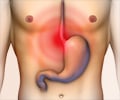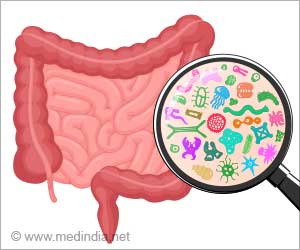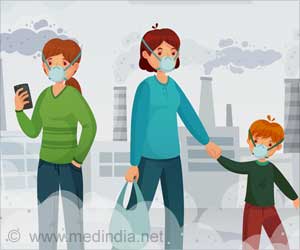Canberra researchers have debunked the theory about why spicy food is more prevalent in cuisines of hotter countries.

However, Professor Lindell Bromham and her team have debunked this theory. She states, "It doesn't look like there's a difference in the infection risk of countries that is driving the pattern.”
The research team analyzed 33,000 plus recipes from 70 cuisines across the world, with 93 different spices.
Findings showed that the use of spices was related to the level of risk of foodborne illnesses in a country, but it was also associated with other health outcomes that had nothing to do with infection risks.
"There is a significant relationship between life expectancy and spicy food," Bromham said. "There are many socioeconomic indicators that all scale together, and many of them also scale with spice use."
Bromham explains that since spiciness in cooking styles was linked to a wide range of factors, it was difficult to point out one exact cause of why some countries use spices more.
Advertisement
Results also showed that spice use patterns are not associated with biodiversity, the number of different crops grown, or even with the number of spices growing naturally in the area.
Advertisement
Benefits of Spicy Food
Reduces inflammation: Spices have anti-inflammatory properties, which help in treating health conditions like headache, autoimmune diseases, nausea and arthritis.
May help prevent cancer: Spices might act on cancer cells and eliminate or constrict their growth, say studies.
Combats infections: Spices are a rich source of antioxidants with anti-bacterial and antimicrobial properties.
Help live longer: Regular and consistent consumption of spices can help a person live longer, according to studies.
Improves metabolism: Antioxidants in spices can help improve the body's metabolism, helping with weight management.
Risks of Spicy Food
Spicy food can cause stomach irritation in some people.
It can aggravate already existing digestion issues.
It may harm the taste buds as people might find other foods bland or tasteless.
It is always advised to consume spicy food in moderation.
Source-Medindia












